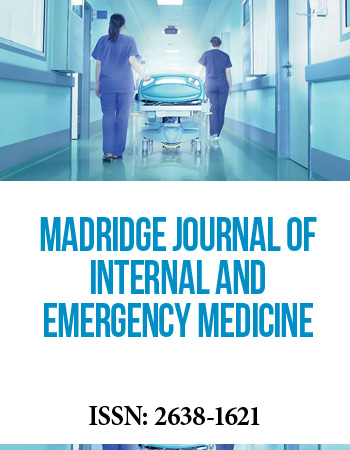International Translational and Regenerative Medicine Conference
April 25-27, 2018 | Rome, Italy
The Cytotoxic Effect of Pleurostylia Capensis Turcz (LOES)
1Department of Biomedical Sciences, Mangosuthu University of Technology, South Africa
2Department of Biomedical Sciences, Tshwane University of Technology, South Africa
Background: Bone fractures non-unions and delayed unions remain a persistent orthopaedic challenge. The current treatments have proven to have constraints due to numerous adverse side effects. Traditional medicinal plants have a reputable outcome in the treatment of many diseases. Pleurostylia capensis Turcz (Loes) is a rich source of bioactive metabolites known to be anti-viral, antibacterial, antiparasitic and antineoplastic. It is utilised to treat arthritis, fractures, epilepsy and other diseases for centuries. It is a rich source of bioactive metabolites.
Objectives: To evaluate the cytotoxic activities of leaves and bark extracts Pleurostylia capensis against mouse skeletal (C2C12) cells invitro using the 3-(4, 5-Dimethylthiazol-2-Yl)-2, 5-diphenyltetrazolium bromide (MTT) assay.
Method: C2C12 cells were cultured as monolayers in medium supplemented with 10 % foetal bovine serum, and antibiotic cocktail. Subsequently, the cells were treated with the aqueous bark and root extracts of P. capensis at different concentrations. The MTT CellTiter 96® non-radioactive cell proliferation assay was conducted at day 2, 4, and 8 post- incubation.
Results: The MTT assay results showed that P. capensis significantly increased the viability of the cells. The plant crude extracts enhanced cell proliferation and the percentage of viability with the highest peaks at Day 4, specifically on the positive control and concentrations 30µg/ml and 50 µg/ml.
Conclusion: The results obtained revealed significant proliferation, overall metabolic activity, division, turnover and viability of cells. These findings warrant further studies to isolate novel compounds which will serve to inform future scientific research towards the development of safe drug formulations for bone fracture repair.
Keywords: Medicinal plants; bone fractures, cell culture, MTT assay.
Biography:
Dr. Nokukhanya Cebekhulu is a board certified Medical Technologist specialised in Clinical Pathology with the Health Professions Council of South Africa. She was a Masters candidate at the Tshwane University of Technology in South Africa and is currently employed as a junior faculty in Biomedical Technology at the Mangosuthu University of Technology, Durban South Africa. Her research interests are in the indigenous knowledge systems of South Africa, specifically medicinal plants and their cytotoxic validation and potential translation and application in tissue engineering and bone fracture regeneration.


